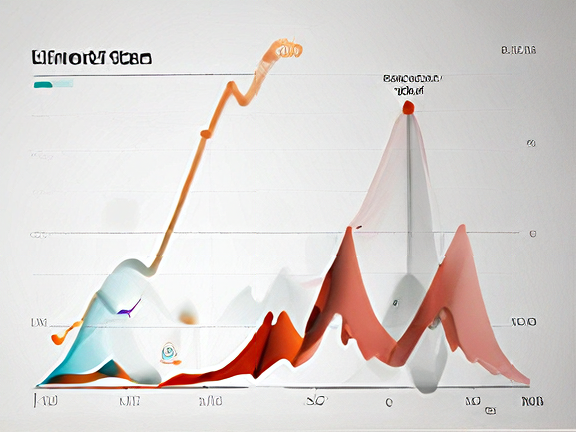Gambling, especially in contexts like RT138, goes beyond mere entertainment; it forms a crucial part of digital economies and consumer behavior online. The platform’s integration of real-time betting and interactive gaming captivates users and drives substantial financial transactions and data flows.
Like the broader gambling industry, this digital landscape influences economic metrics such as:
- Digital spending patterns
- Online commerce dynamics
Moreover, both sectors leverage technological innovations to enhance user engagement and operational efficiency.
Economic Impact and Revenue Generation
Gambling is a significant economic driver. From local casinos to global online platforms, the industry generates substantial revenue through various channels, including gaming taxes, licensing fees, and tourism. For regions like Las Vegas and Macau, gambling forms the backbone of their tourism economies, attracting millions of visitors annually and contributing billions to local GDPs.
How RT138 Shapes the Future of Gambling?
In recent years, technological advancements have revolutionized the gambling sector. The easy access to online platforms and mobile apps has increased the availability of gambling to individuals globally. This expansion has enabled businesses to connect with a global audience more efficiently. Moreover, innovations in payment systems and cybersecurity have enhanced transaction security, fostering trust and expanding market reach.
Regulatory Challenges and Compliance
Despite its economic benefits, the gambling industry faces significant regulatory challenges. Worldwide, governments implement strict regulations to safeguard consumers and mitigate concerns such as money laundering and addiction.
Businesses must navigate complex legal landscapes, adhering to licensing requirements and compliance measures to operate ethically and sustainably.
Corporate Social Responsibility and Community Impact
Acknowledging its societal impact, industry leaders are increasingly prioritizing responsible gambling practices and corporate social responsibility (CSR) initiatives. These efforts aim to mitigate the negative consequences of gambling while contributing positively to local communities through charitable donations and community outreach programs.
Future Trends and Market Expansion

Looking ahead, the gambling industry is poised for continued growth and evolution. Emerging markets, propelled by digital transformation and changing consumer behaviors, present new opportunities for business expansion. VR and AR technologies, which will produce immersive environments that blur the lines between entertainment and business, are likely to bring about revolutions in gaming.
The relationship between gambling and business is multifaceted, encompassing economic impact, technological innovation, regulatory challenges, and social responsibility. As the industry evolves, companies must adapt to changing landscapes, embracing innovation while upholding ethical standards. By understanding and navigating these dynamics, stakeholders can harness the full potential of gambling as a powerful force in the global economy.












